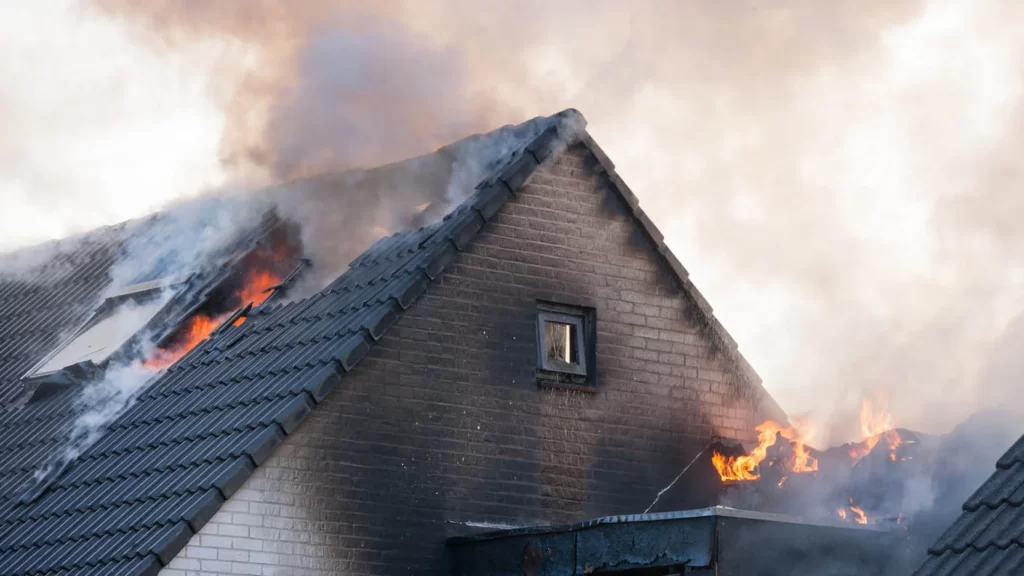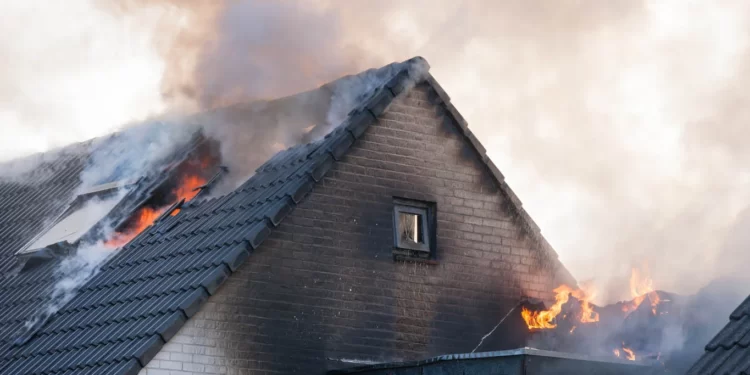When it comes to the water restoration industry, the importance of certifications cannot be overstated.
In a field where expertise and efficiency can make all the difference, being certified is not just a feather in your cap but a crucial validation of your skills.
In this article, we’ll explore who needs to be certified in the water restoration industry, the reasons behind seeking certification, the different types of certifications available, and how aspiring professionals can embark on the journey to becoming certified.
Who Needs to be Certified in the Water Restoration Industry?
Certifications in the water restoration industry aren’t just reserved for the seasoned professionals; they are a necessity for anyone looking to make a mark in this vital field.
From fresh entrants to experienced technicians, everyone stands to benefit from obtaining the right certifications.
Whether you are a water damage company technician or someone involved in structural drying, certifications act as a hallmark of your commitment to excellence.
Why Do You Need a Water Restoration Certification?
- Industry Credibility: Having the right certifications adds a layer of credibility to your profile. In an industry where trust is paramount, clients are more likely to choose a certified professional over someone without recognized credentials. It’s a way of showcasing your commitment to maintaining industry standards.
- Enhanced Skillset: Certification programs are designed to provide a comprehensive understanding of the water restoration process. They go beyond theoretical knowledge, incorporating practical skills that are invaluable on the job. The learning doesn’t stop in the classroom; it extends to real-world scenarios, making you a more capable and effective professional.
- Increased Job Opportunities: Employers in the water restoration industry often seek certified individuals to ensure they have a team that can handle a variety of situations. Certification, therefore, becomes a passport to a broader range of job opportunities, potentially leading to career advancement.
- Client Satisfaction: From a client’s perspective, seeing that a technician holds relevant certifications instills confidence. It assures them that the person working on their water restoration project is knowledgeable and skilled, creating a positive customer experience.
What Are the Different Types of Certifications in the Water Restoration Industry?

Water Damage Restoration Technician Certification:
This certification equips professionals with the skills needed to handle water damage restoration effectively. From understanding the principles of drying to the science behind water extraction, this certification covers a broad spectrum of essential knowledge.
Applied Structural Drying Technician Certification:
Focused on the critical aspect of drying structures, this certification is crucial for anyone dealing with the aftermath of water damage. It covers the science of drying and techniques to restore structures to their pre-loss condition.
IICRC – Institute of Inspection, Cleaning and Restoration Certification:
The IICRC is a globally recognized organization that sets the standards for the restoration industry. Obtaining certification from IICRC is a badge of honor, indicating that you meet the industry’s highest benchmarks for knowledge and skill.
RIA – Restoration Industry Association:
RIA provides certifications for professionals at various levels in the restoration industry. Their certifications cover everything from basic water damage restoration to advanced topics like microbial remediation, reflecting a commitment to comprehensive training.
IAQA – Indoor Air Quality Association:
Indoor air quality is a significant concern in water-damaged environments. IAQA certification ensures that professionals are equipped to address the complexities of air quality issues arising from water damage.
MCRA – Mold Certification and Remediation:
Mold can be a pervasive issue in water-damaged spaces. MCRA certification focuses specifically on mold inspection, testing, and remediation, providing professionals with the expertise to handle mold-related challenges.
How Can You Get a Water Restoration Certification?
Obtaining a water restoration certification is a strategic investment in your career. Here’s a step-by-step guide on how you can embark on this journey:
- Research Certification Programs: Start by researching the different certification programs available. Look for reputable organizations like IICRC, RIA, and IAQA, and explore the specific certifications they offer.
- Choose Your Specialization: Depending on your career goals, choose a certification that aligns with your specialization. Whether you’re more inclined towards water damage restoration, structural drying, or mold remediation, there’s a certification tailored for your needs.
- Enroll in Training Programs: Many certification programs offer training courses either online or in-person. Enroll in a program that fits your schedule and learning preferences. These courses often include a combination of theoretical knowledge and hands-on practical training.
- Prepare for Exams: Most certifications require passing an exam to demonstrate your understanding of the material. Prepare diligently for these exams by reviewing course materials, participating in practice exams, and seeking additional resources if needed.
- Gain Practical Experience: While certifications provide a solid foundation, practical experience is invaluable. Look for opportunities to apply your knowledge in real-world scenarios. This could include internships, on-the-job training, or even volunteer work.
- Stay Informed and Renew Certifications: The field of water restoration is dynamic, with new techniques and technologies constantly emerging. Stay informed by attending workshops, conferences, and participating in continuing education programs. Additionally, be aware of certification renewal requirements to ensure your credentials remain current.
Conclusion:
In the water restoration industry, certifications are not just pieces of paper; they are keys to unlocking a world of opportunities. Whether you’re just starting your career or seeking to advance in the field, investing in the right certifications is a strategic move that pays dividends. It’s not just about meeting industry standards; it’s about exceeding them and ensuring that you are a trusted professional in the critical task of water restoration. So, dive into the world of certifications, and let your career in water restoration make waves!





